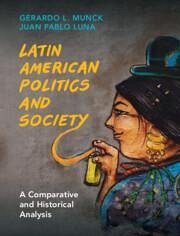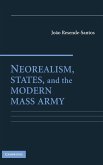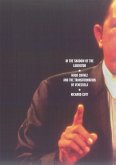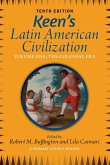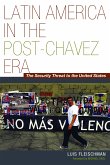"The state can be defined, following sociologist Max Weber's (1946 [1919]: 78) classic formulation, as a "human community that (successfully) claims the monopoly of the legitimate use of physical force within a given territory." In other words, the state is an organization, differentiated from society, that is distinguished from other organizations in that it relies on the use, and the threat of the use, of coercion. It does not plead with citizens to follow the law - for example, by paying taxes. It commands citizens to do things and can coerce them to do these things. The state is a powerful organization, and it wields a kind of power that is distinct from that of economic and cultural organizations. Photo 1.2 connects this definition to the related concept of the Leviathan. We can use Weber's definition of the state to distinguish between communities that have states and stateless communities, which include communities with less specialized and elaborate political organizations such as bands, tribes, and chiefdoms (Service 1971). However, Weber's definition of the state encompasses city-states, empires, and modern states or national states - currently the dominant type of state around the world, including Latin America (Tilly 1990; Mazzuca 2021). Thus, to specify what a modern state or national state is, we should note that, in addition to meeting the criteria of Weber's definition, it has some features that neither city-states nor empires have. In contrast to a city-state, a modern state rules over several cities and rural populations; that is, modern states rule over large territories. In contrast to an empire, a modern state rules over a national population that has a political allegiance to the state but not over colonial subjects; that is, modern states rule over populations that share a common status as nationals of a country. See Figure 1.1 for a visual representation of these distinctions"--
Hinweis: Dieser Artikel kann nur an eine deutsche Lieferadresse ausgeliefert werden.
Hinweis: Dieser Artikel kann nur an eine deutsche Lieferadresse ausgeliefert werden.

